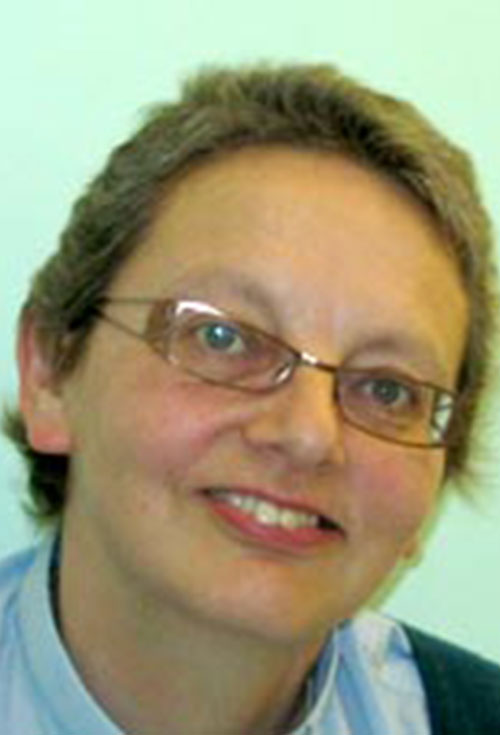Catriona Gorton
 Tell us about your call to be a minister?
Tell us about your call to be a minister?
From the age of 14, I taught Sunday School, undertook weekly devotions for Girls’ Brigade, led Bible study groups, and held various roles in churches in which I was a member – all the time being confident that ordained ministry was not for me, despite repeated suggestions to the contrary. After university study, I held a responsible position as a Professional Engineer, and believe that I served God in that capacity.
In 1997, a few weeks after my baptism as a believer (I had been baptised as an infant) I experienced an incredibly strong sense of call as I read in my daily notes, ‘I give you this charge: Preach the word…’ (2 Tim 1-5). It was as if God spoke directly to me (which is not how my spirituality usually works) and, unlike baptism where I’d argued with God for at least a decade, I knew that I had no choice but to comply! At the age of 34, my life took a total change of direction.
Were there obstacles that you have had to overcome?
The minister and deacons of the church I belonged to were very supportive of me, but among the membership were people who believed that women could not take any leadership role in church, let alone be ordained. It was almost two years before a vote of commendation was possible. After this, Ministerial Recognition in the North Western Baptist Association (NWBA), and interview by Northern Baptist College, whilst challenging, were incredibly affirming and positive.
As a single woman, I was gently advised that I could be ‘hard to settle’. I have had two protracted and painful experiences of Settlement – though want to emphasise the incredible support of NWBA and the East Midland Baptist Association, and of the National Settlement Team each time. I was rejected by churches on grounds of gender, marital status (‘who would do the housework?’!) and experience.
I am grateful to the two churches who have called me, both ‘HBC’, and each very different, for taking the risk that allows me to exercise what I believe to be/have been fruitful ministry in each place.
What particular gifts has God given you for the church?
I always struggle with what feels like blowing my own trumpet! At the start of my preparation for ministry, I would have focused on ‘concrete’ abilities such as preaching, organisational skills, etc. Twenty years later (eek!), I would say tenacity, teachability, provisionality, adaptability and greater openness to the breadth of authentic Christian expression.
What would you do now to encourage younger women to consider a call to ministry?
As a local church, we try to encourage everyone, male or female, to discover and exercise their gifts, and hope that, in some measure, I am a role model to girls and younger women. We regularly offer preaching opportunities to women from other churches who are exploring a sense of call and are not permitted to preach ‘at home’. If I sensed in a young woman a call to ordained ministry, I would endeavour to journey with her as a mentor and as an equal, offering support, encouragement, and opportunities to learn and grow, weep and laugh, along the way.
If I could offer some words to such a woman, it would be these: the good bits are so much better than I thought possible, and the worst bits so much worse – you need to be utterly convinced that, ‘here I am, I can do no other’, and God will be with you in it all, even, maybe especially, when God seems to be silent, asleep, or even absent.